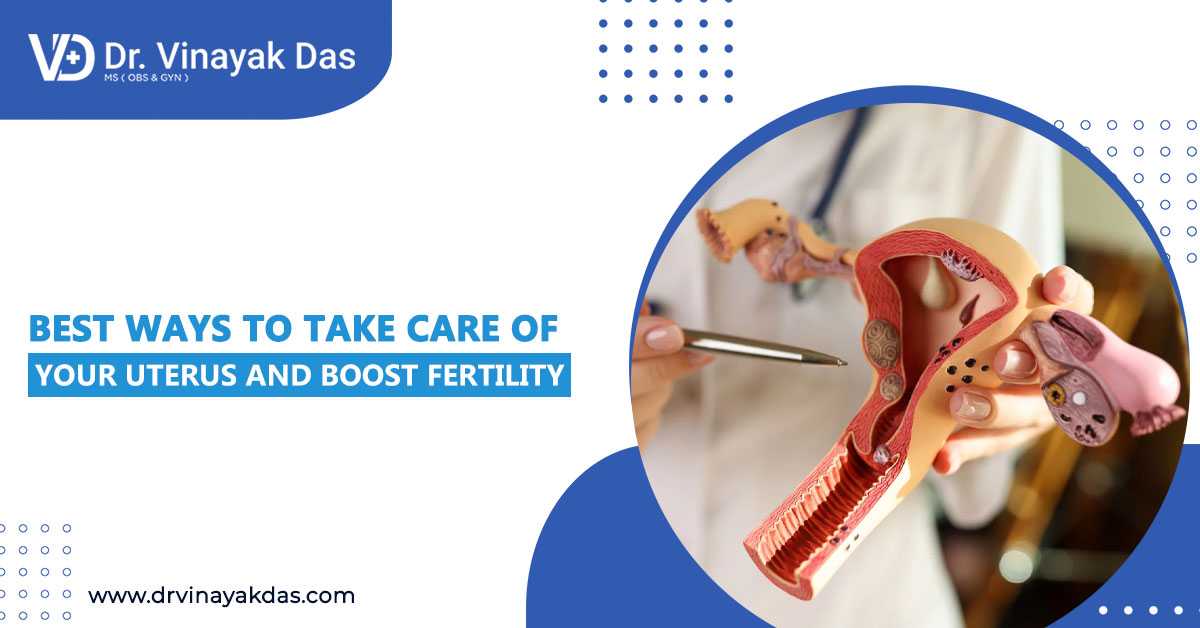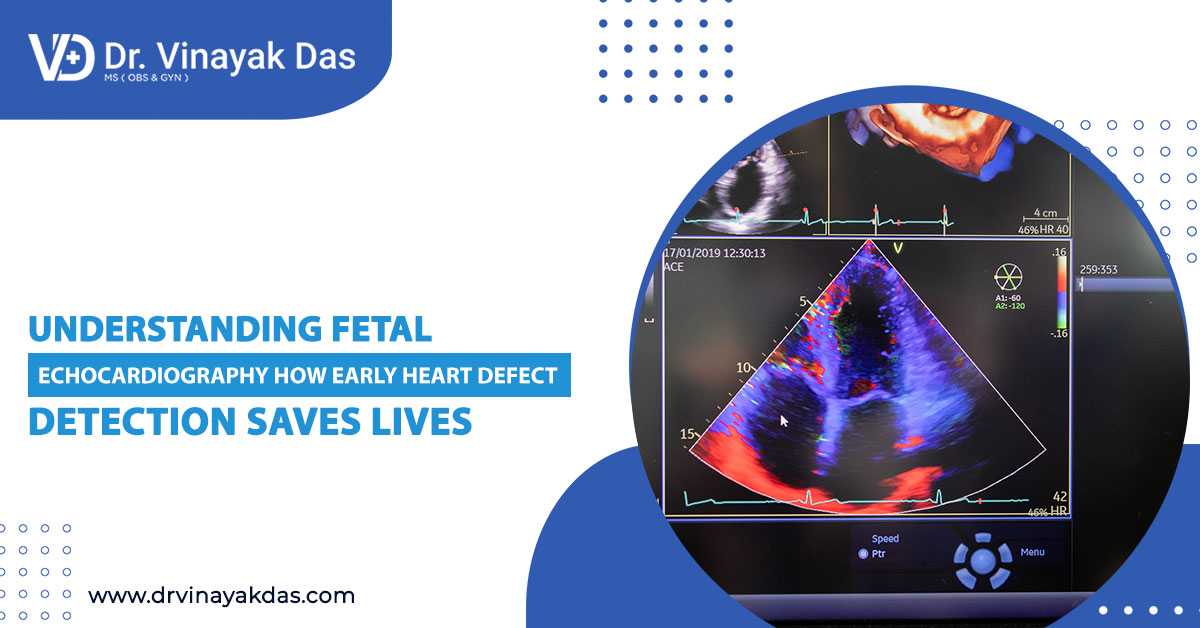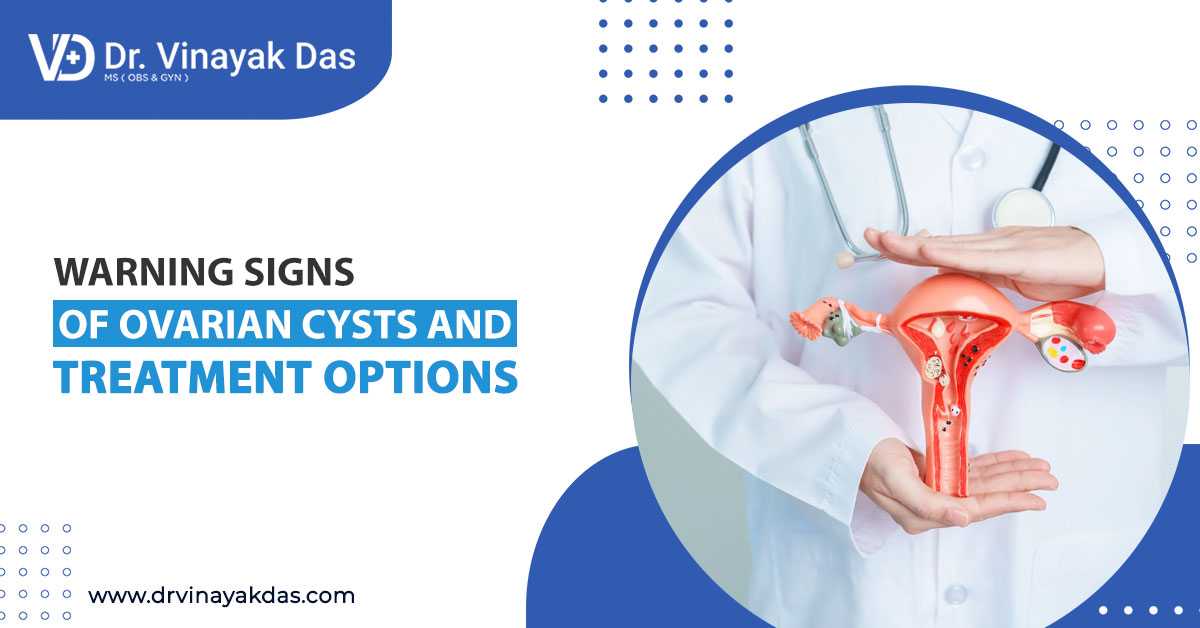You can start experiencing gynecological issues at any point during the reproductive years. One of the most common gynecological disorders that you can develop is ovarian cysts which may develop inside or on the ovaries. In most cases, these cysts don’t cause any complications and are basically harmful but there can also be certain cysts that can be potentially threatening. If you experience any of the signs of ovarian cysts then without any delay you must contact the best gynecologist in Siliguri.
The ovarian cysts are fluid-filled sacs that form as a response to the menstrual cycle and its associated bodily changes. Some of the most common types of ovarian cysts include functional, Dermoid, Cystadenomas, and endometriomas. You must note that women suffering from pelvic inflammatory disease or endometriosis have a higher chance of developing ovarian cysts. This is why it is vital to arrange routine check-ups if you have any gynecological issues so that the cysts can be detected at an early stage.
Most Common Warning Signs Of Ovarian Cysts
The symptoms of ovarian cysts vary from person to person. This is because there are many women who experience no pain or uncomfortable symptoms associated with ovarian cysts at all. On the other hand, some women may experience severe symptoms that may need immediate treatment. Some of the common signs that will help you detect an ovarian cyst are-
- Pelvic Pain- Constant and aching pelvic pain is one of the most obvious signs of cysts. This pain may happen before the menstrual cycle, during intercourse, or during bowel movements. Along with your pelvis, the pain can also radiate towards your back in some cases.
- Bloating- If the cysts have grown bigger and pressed the surrounding organs such as intestines then it is more likely to cause bloating. Herein, you may experience discomfort before or after eating anything.
- Nausea- Ovarian cysts can cause inflammation of the intestinal lining while causing hormonal changes. These abnormalities in the body can make you experience nausea which is more common for larger cysts.
- Frequent urge for bowel movements and urination- In some cases, larger cysts can put pressure on your intestines and bladder which can lead to a sudden and frequent urge for urination and bowel movement.
- Swelling- Another common symptom of ovarian cysts is swelling in the lower abdominal area. In most cases, this swelling can be mistaken for general abdominal swelling and bloating which can delay treatment.
- Rapid breathing and dizziness- You must contact a gynae doctor in Siliguri immediately if you experience rapid breathing and dizziness along with pelvic pain. These can be the symptoms of ovarian twisting or torsion that need emergency care.
Effective Treatment Options To Get Relief From Ovarian Cysts
1. Watchful waiting
Most of the functional cysts often go away on their own. This is why the doctors may recommend watchful waiting in most of the cases. During this approach, you will be advised to schedule a routine follow-up ultrasound so that the status of the cysts can be monitored.
2. Surgery
If the cyst is getting bigger in size and causing severe symptoms then the doctor will advise surgery. Some of the common surgical interventions for the cysts include laparotomy and laparoscopy. In most instances, the laparoscopic method is used to remove the cysts through tiny incisions.
3. Medications
There are also various medications that can control the complications and symptoms associated with ovarian cysts. In these cases, the doctor can prescribe pills with certain hormones which will help in preventing the development of cysts in the future while stopping ovulation. Remember that medications can prevent further cysts but cannot remove or shrink any existing ovarian cysts.
You shouldn’t worry if an ovarian cyst has been identified during the ultrasound or pelvic exam. Rather than panicking, you must schedule a consultation with the best gynaecologist in Siliguri who can recommend the ideal treatment plan based on the size and location of the cysts. It is also vital for you to arrange routine appointments even after treatment for the cysts so that any further formation of cysts can be identified timely.






